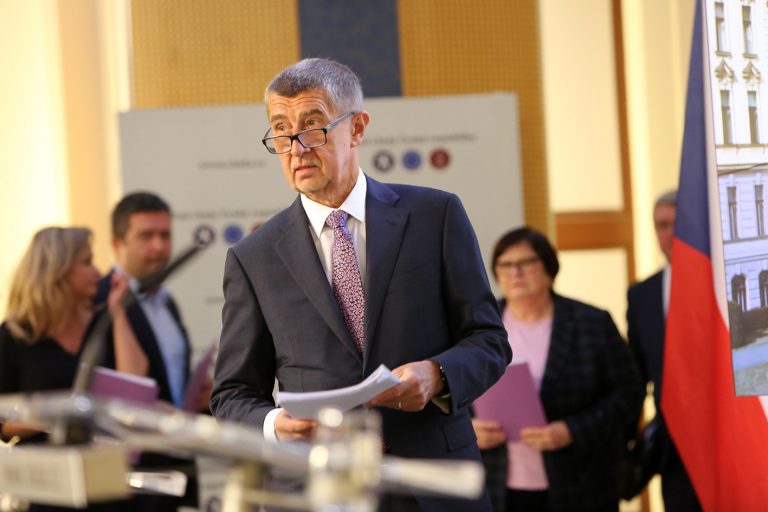The Constitutional Court in Brno announced its verdict on a complaint moved by President Milos Zeman and political allies three years ago. The judges decided that the law is in accordance with the Constitution of the Czech Republic. Photo credit: Vlada.cz
Brno, Feb. 18 (BD) – In January 2017, the Czech parliament passed a law pertaining to conflicts of interest among Czech cabinet ministers. The law prevented any company more than 25% owned by cabinet ministers from bidding for public contracts and subsidies, and also barred any Czech ministers from owning non-internet media companies. On 11 January 2017, 129 Czech parliamentarians voted in favour of the law, overturning President Milos Zeman’s veto.
The new law theoretically had severe consequences for then-Finance Minister Andrej Babis, such that it became known as “Lex Babis” [Babis’s Law]. He was forced to place much of his business empire in a blind trust, including the Agrofert holding company, and the Mafra publishing house, which owns the MF Dnes, Lidové noviny, and Metro newspapers, the internet server iDnes, 5 plus 2 magazine, Óčko TV and Radio Impuls. However, Babis has since been dogged by accusations that he remains in executive control of those companies, which he has consistently denied.
Since Winter 2017, the law has been the subject of a constitutional appeal, brought by Zeman and 41 members of the ANO movement. Zeman claimed that the law violates parts of the constitution asserting freedom of discrimination on the grounds of property ownership. The judges reached their verdict last week, and today announced their ruling in favour of the law, as in their view it does not violate the constitution.
Announcing the judgement, judge-rapporteur Jan Filip, a professor of constitutional law in the Faculty of Law in Brno, said that “the Constitutional Court concluded that the objections are largely unfounded.” If the court had upheld the complaint, it would theoretically have allowed Babis to remove his companies from the blind trust and regain full decision-making control over them.








